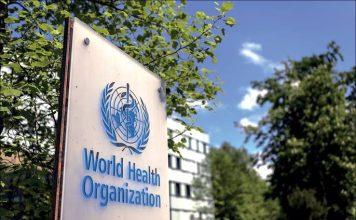Gender disparities in healthcare and caregiving have profound repercussions for women, health systems, and health outcomes, as evidenced by a recent report from the World Health Organization called “Fair Share for Health and Care: Gender and the Undervaluation of Health and Care Work.”
The report highlights an alarming cycle of unpaid caregiving and healthcare work that limits women’s participation in paid employment, hinders economic empowerment, and obstructs gender equality.
Women constitute the majority of paid healthcare and caregiving workers globally, while also shouldering a significant portion of unpaid caregiving responsibilities in addition to their paid labor. These tasks are often associated with poor working conditions and lower compensation.
Undervaluing caregiving, which is predominantly carried out by women, negatively impacts productivity, wages, working environments, and the overall economic viability of the health and care sectors.
The chronic underinvestment in healthcare and caregiving over the years has further compounded the global care crisis, as reflected in the lack of universal health coverage for billions worldwide.
Jim Campbell, WHO’s Director for Health Workforce, emphasized the need for gender-equitable investments in health and caregiving to enhance the societal value assigned to these essential roles and foster fairer economies.
The report recommends policy measures to improve working conditions, increase gender equity in the labor force, promote quality care, and safeguard caregiver rights.
By prioritizing investments in health and caregiving systems, not only can progress toward universal health coverage be accelerated but also the burden of unpaid health and care work can be alleviated.
